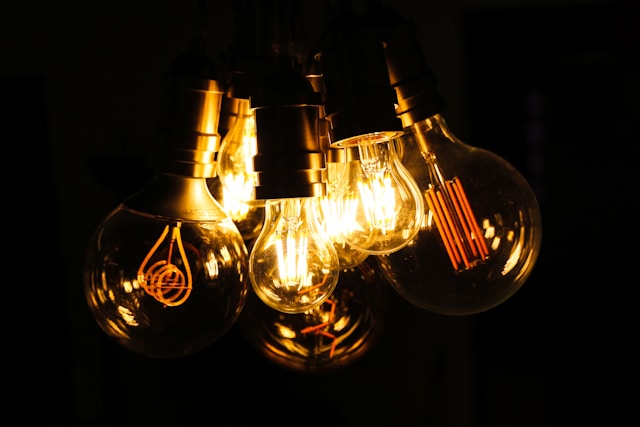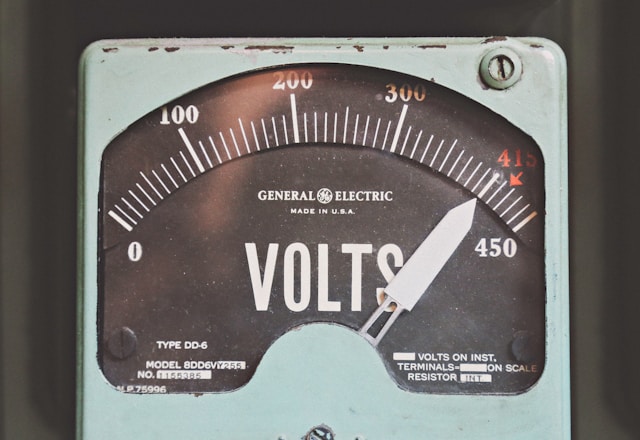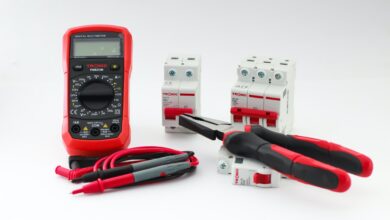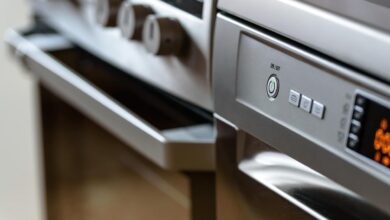Home Improvement
The Essential Guide to Home Backup Power Solutions: Why Every Homeowner Needs Reliable Emergency Power
Power outages have become increasingly common across the United States, with extreme weather events, aging infrastructure, and grid overloads causing millions of Americans to lose electricity each year. From hurricanes in the Southeast to winter storms in the North and heat waves causing rolling blackouts in the West, no region is immune to power disruptions. For homeowners, these outages represent more than just inconvenience – they can mean spoiled food, compromised security systems, loss of heating or cooling, and potential safety hazards.
The solution lies in investing in a reliable backup power system that can seamlessly maintain your home’s electrical needs during outages. Understanding your options and choosing the right system can make the difference between weathering a storm comfortably and facing days of hardship.
Understanding Different Types of Backup Power Systems
Backup power solutions come in several forms, each with distinct advantages and limitations. Portable generators offer mobility and lower upfront costs, making them suitable for occasional use or powering specific appliances during short outages. However, they require manual setup, fuel storage, and cannot automatically activate during power failures.
Standby generators represent the premium solution for comprehensive home backup power. These permanently installed systems automatically detect power outages and begin supplying electricity within seconds, requiring no manual intervention. They connect directly to your home’s electrical panel and can power your entire house or selected circuits, depending on the system size and configuration.
Battery backup systems have gained popularity with the rise of solar energy and advances in lithium-ion technology. While excellent for short-duration outages and environmentally friendly, they typically have limited capacity and runtime compared to fuel-powered alternatives.
Key Factors to Consider When Choosing a Backup Power System
Determining your power needs is the first crucial step in selecting an appropriate backup system. Calculate the wattage requirements of essential appliances, lighting, and systems you want to maintain during outages. Consider items like refrigerators, heating and cooling systems, medical equipment, security systems, garage doors, and electronic devices.
Installation requirements vary significantly between system types. Portable units need adequate storage space and safe operation areas away from windows and doors to prevent carbon monoxide poisoning. Standby systems require professional installation, including electrical connections, fuel line installation, and proper placement to meet local codes and manufacturer specifications.
Fuel type significantly impacts system operation and maintenance. Natural gas systems offer convenience and unlimited runtime as long as gas service remains available, but may be unavailable in areas without gas infrastructure. Propane systems provide excellent reliability and can be sized for extended runtime, though they require periodic tank refilling. Diesel and gasoline systems offer high power output but require fuel storage and more frequent maintenance.

The Importance of Professional Installation and Maintenance
Professional installation ensures your backup power system operates safely, efficiently, and in compliance with local electrical codes. Certified technicians understand the complex requirements for proper grounding, transfer switch installation, and fuel system connections. They also obtain necessary permits and arrange for required inspections.
Regular maintenance is essential for reliable operation when you need it most. This includes periodic testing, oil changes, filter replacements, and system inspections. Many homeowners discover their backup systems don’t work during actual outages because they haven’t maintained them properly or tested them regularly.
Sizing Your System Correctly
Undersized systems cannot handle your home’s electrical demands, while oversized systems waste money on unnecessary capacity. Professional assessment considers not just your current needs but also starting surges required by motors in appliances like air conditioners, well pumps, and refrigerators.
Whole-house systems provide the ultimate convenience but require significant investment. Alternatively, essential circuits systems power only critical loads, reducing costs while maintaining comfort and safety during outages. This approach typically includes lighting, refrigeration, heating/cooling, and communication systems.
Regional Considerations for Florida Homeowners
Florida presents unique challenges for backup power systems due to its tropical climate, frequent severe weather, and extended hurricane season. High humidity levels require proper system ventilation and corrosion-resistant components. Hurricane preparations often involve extended outages, making fuel capacity and system reliability paramount concerns.
Local building codes in Florida incorporate specific requirements for backup power installations, including hurricane-resistant mounting, proper drainage, and flood considerations. Working with experienced local professionals ensures compliance with these requirements and optimal system performance in Florida’s challenging environment.
For Miami-area residents seeking reliable backup power solutions, consulting with Generac generators specialists in Miami ensures access to expert guidance tailored to local conditions and requirements.

Financial Considerations and Return on Investment
While backup power systems represent significant upfront investments, they provide substantial value through prevented losses and enhanced quality of life. Consider the cost of spoiled food, temporary lodging during extended outages, lost productivity from working from home, and potential security risks.
Many insurance companies offer discounts for homes with permanent backup power systems, recognizing their role in preventing weather-related damage. Additionally, these systems can increase property values, particularly in areas prone to frequent outages.
Making the Right Choice for Your Home
Selecting the ideal backup power solution requires careful consideration of your specific needs, budget, and local conditions. Start by assessing your power requirements, researching local installation requirements, and consulting with qualified professionals who can provide tailored recommendations.
Investing in a quality backup power system provides peace of mind knowing your family will remain comfortable and safe during power outages. Whether facing brief interruptions or extended blackouts, the right system ensures your home remains your sanctuary regardless of external circumstances.






